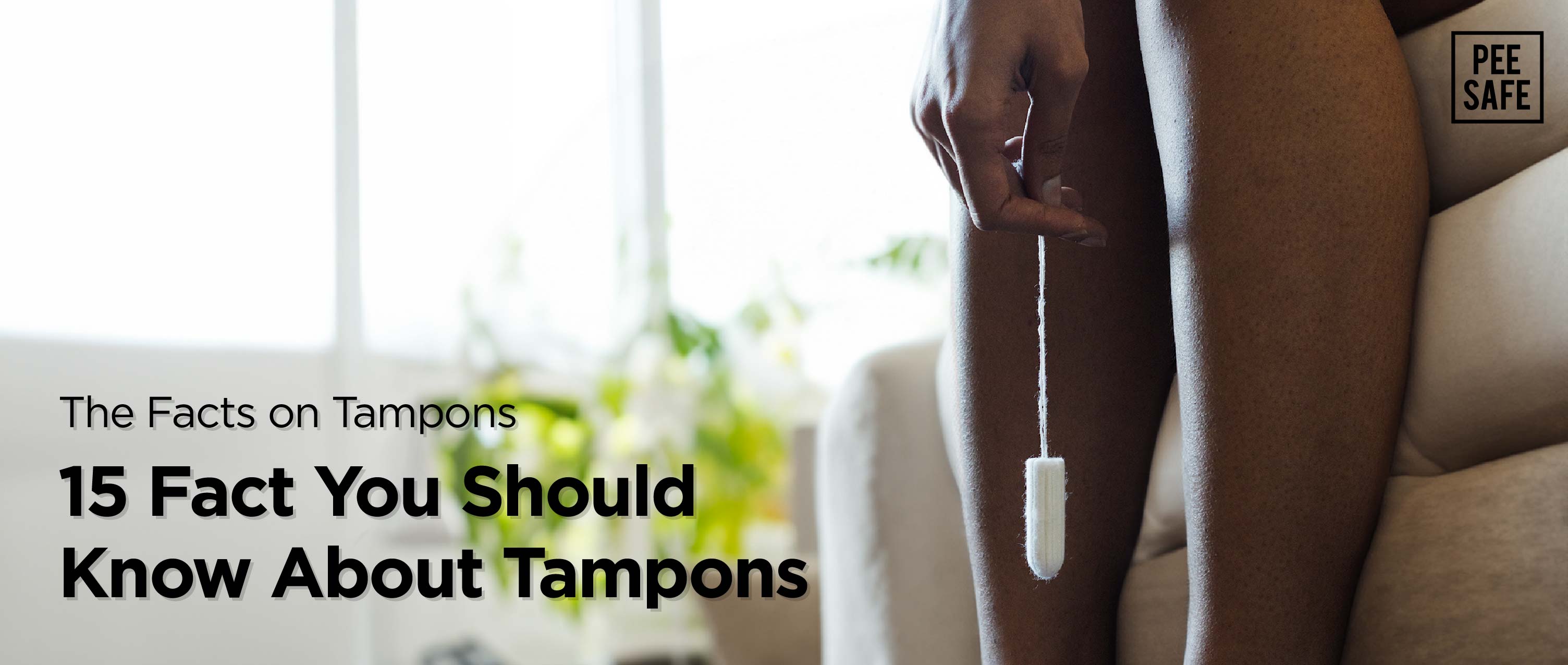One of the most distressing questions a woman has to ask herself at some point in life is, ‘Why is my Period Late?’ Especially if she is not expecting it. Pregnancy is the first thing that comes to mind, if you have an active sex life, and the most probable thing to do at that point is to get a Pregnancy Test done. It obviously takes the anxiety off your mind and you can focus on ‘Why’ all over again.
First things first, an average woman’s menstrual cycle follows the 28-day clock, but sometimes delays up to 30 to 40 days are considered normal. As long as this is not a common pattern. So before we hit the panic button, let’s look into what could be the other possibilities behind a missed period.
Reasons Why Your Period Is Late?
Is your body telling you something? Of course, it is, and here are some reasons that could be delaying your periods -
- Stress: The most underrated catalyst that leads to delayed or missed periods is elevated stress levels that cause hormonal imbalance. Other mental conditions such as anxiety or depression or even a change in lifestyle (extensive travel, change of place, diet, etc.) can add to the production of a hormone called Prolactin, which is produced by the pituitary gland in the brain. Increased prolactin levels lead to irregular menstrual cycles.
- Unprotected Sex: Safe sex is not only fun but healthy too. It keeps you away from STIs and STDs and also unwanted pregnancy. While the common symptoms of pregnancy are many (and not relevant to this article) the one that gets the alarm bells ringing is a missed or delayed period. It is imperative to use a condom as the best choice of protection and now that female condoms are also increasingly gathering popularity, women can take charge of their own safety against unplanned pregnancies.
- PCOS: Polycystic Ovary Syndrome is becoming fairly common in women today. It is a condition where there is an imbalance of the female sex hormone leading to the formation of various cysts on the ovaries that further prevent regular ovulation. Excessive facial hair, acne, weight gain, irregular periods, and in some cases infertility, are common signs of PCOS. It is important to get yourself checked timely from a specialist, in case you experience any of these changes in your body.
- Contraceptives: Oral contraceptives work towards stopping your ovaries from ovulating, resulting in a missed period. The pill keeps the body well-fed on estrogen and progesterone hormones which when stopped, gets you your period. But during the non-pill days, if you haven’t got your period, this could be due to the fact that these contraceptives tend to make the lining of the uterus thinner therefore leaving with nothing to flow out during a period. Even though these are normal side effects of the hormonal pill, one should always understand the pros and cons before getting on one.
- Fluctuating Weight: We all know that extreme weight gain or weight loss is not something that your body takes on too well. There are consequences and one of them being irregular or missed periods. Weight gain due to a hormonal imbalance, bad lifestyle, or any illness, needs immediate attention. Similarly, a sudden loss of weight could be due to the exact same reasons. An underweight body with a low body-fat ratio is at a constant risk of altering the reproductive hormone levels, contributing to irregular or missed periods.
- Hormonal: Conditions like PCOS/ PCOD/ Thyroid etc. are known to cause erratic menstrual cycles. These hormonal imbalances can be easily detected through a blood test that should be performed on yearly basis, and six months if there is a family history. This helps in eliminating any further complications and helps one maintain a healthy lifestyle too. You also have to be aware that hormonal changes can cause vaginal infections.
- Perimenopause: It is the stage in one’s life where the body is preparing to transition to menopause. During this phase the most essential hormone of a woman’s body- estrogen, is preparing to retire, hence leading to irregular levels that further make the cycle sporadic. Once a woman has gone without a period for an entire year, it is the beginning of menopause, also the end of the reproductive cycle. Typical perimenopausal age starts in the ’40s and can even last up to 7-10 years for some women, before hitting menopause.
You may be worried due to a missed or irregular period but if we all can invest in a wholesome lifestyle, to begin with, for all we know, half of our health issues would be solved. A reasonable workout regime, followed by a balanced diet with the right amount of vitamins and minerals to nourish our body, is absolutely essential.
Also, investing in timely health checkups is ideal to avoid any unfortunate surprises. Lastly, stress management by including ample sleep hours and a happy state of mind collectively will ensure a steady menstrual life for sure. And you won’t be left asking, ‘Why is my period late?’
-
✍️ This article was curated by Divya Sethi


































